Shaping health. Probably the best known way the mind shapes reality is the placebo effect, where people get better if they simply believe they are being treated for a disease. For ages, that was
Neurologist vs. Neurosurgeon | UCLA Med School
The human brain, with its ~80 billion neurons, is one of the most complex systems on Earth. The field of neuroscience has striven to elucidate brain function for more than 100 years. My objective in this Perspective is to offer an overview of how far neuroscience has progressed in the endeavor to understand the brain.
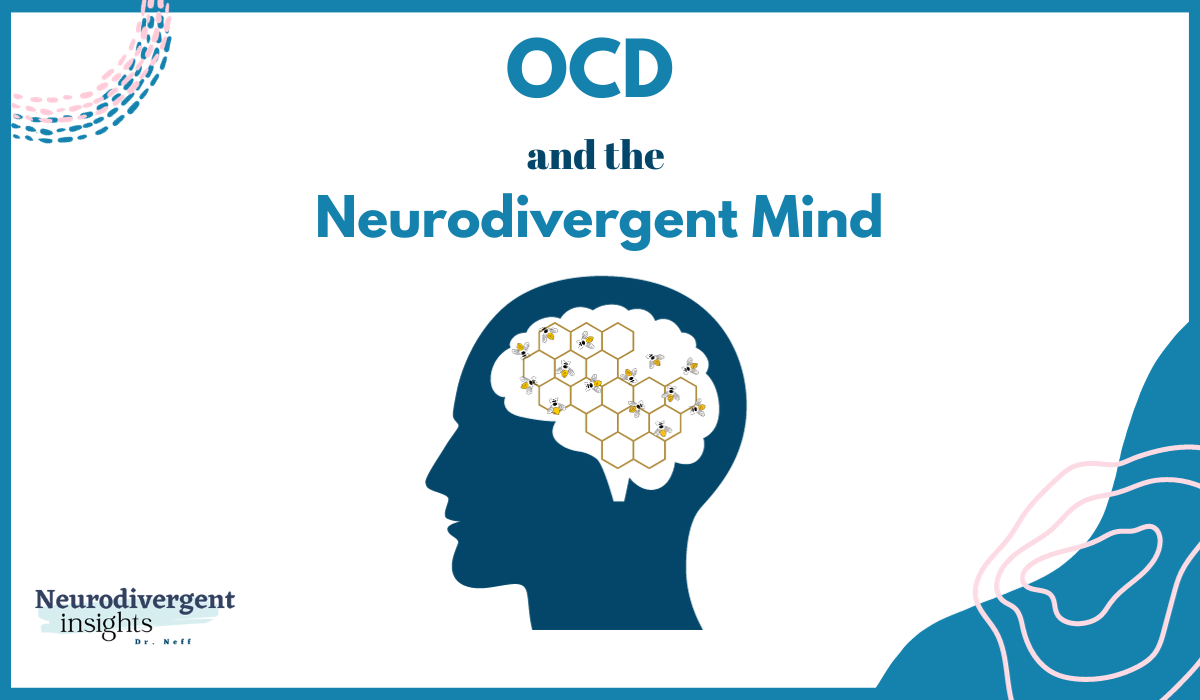
Source Image: neurodivergentinsights.com
Download Image
Growth and change requires relationship and emotion Neuroscience has discovered that change and development mainly happen through the limbic system, the home of our emotions and feelings. The infant brain arrives with no templates of meaning, only the potential to create meaning.
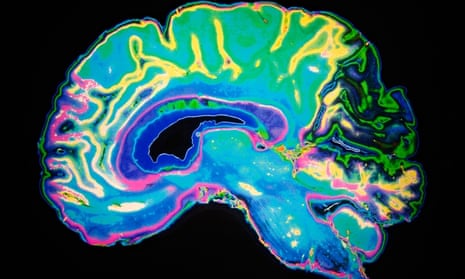
Source Image: theguardian.com
Download Image
Information processing model: Understanding our mental mechanisms The human brain is unique: Our remarkable cognitive capacity has allowed us to invent the wheel, build the pyramids and land on the moon. In fact, scientists sometimes refer to the human brain as

Source Image: newscientist.com
Download Image
Summary Of The Human Brain My Perspective
The human brain is unique: Our remarkable cognitive capacity has allowed us to invent the wheel, build the pyramids and land on the moon. In fact, scientists sometimes refer to the human brain as The human brain is the most complex entity in the known universe, and this complexity is best reflected by the fact that the brain strives to understand itself—how its molecules, cells, circuits, and systems enable perception, cognition, memory, emotion, thought, language, art, and contemplation of humanity’s place in the natural world.
Introduction: The Human Brain | New Scientist
Summary: The Brain The human nervous system, with its billions of nerve cells, is often described as “the most complex system in the known universe.” It starts as a tube of cells in the embryo, rapidly developing three distinct parts called the forebrain, midbrain, and hindbrain. Behave by Robert Sapolsky review – why do we do what we do? | Science and nature books | The Guardian

Source Image: theguardian.com
Download Image
Amygdala: What It Is and What It Controls Summary: The Brain The human nervous system, with its billions of nerve cells, is often described as “the most complex system in the known universe.” It starts as a tube of cells in the embryo, rapidly developing three distinct parts called the forebrain, midbrain, and hindbrain.
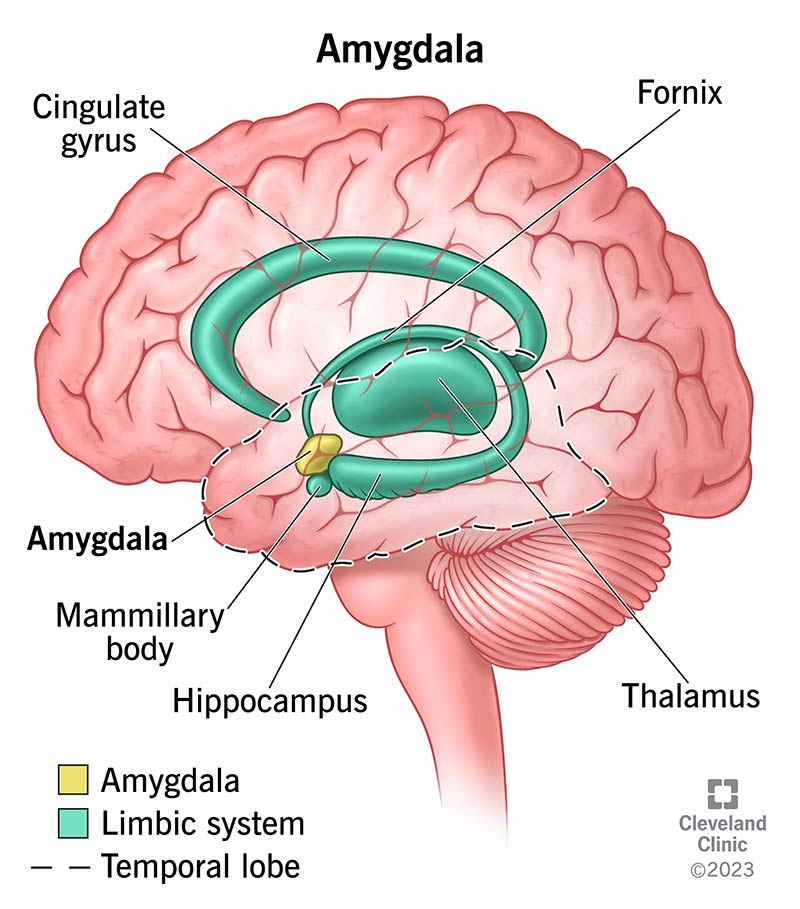
Source Image: my.clevelandclinic.org
Download Image
Neurologist vs. Neurosurgeon | UCLA Med School Shaping health. Probably the best known way the mind shapes reality is the placebo effect, where people get better if they simply believe they are being treated for a disease. For ages, that was
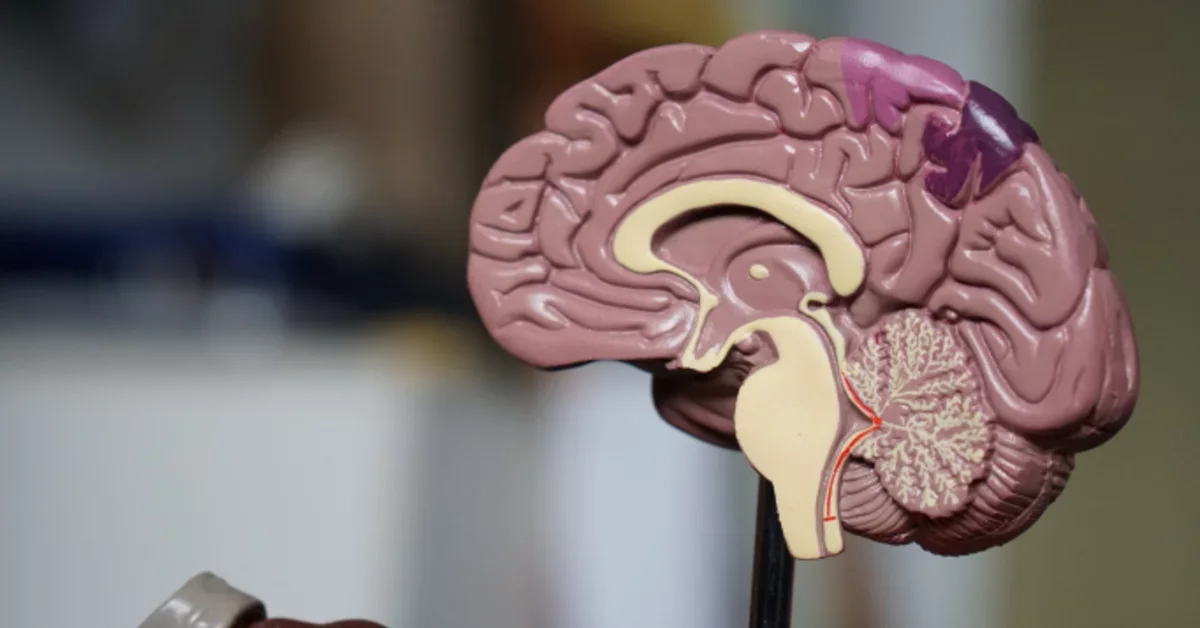
Source Image: medschool.ucla.edu
Download Image
Information processing model: Understanding our mental mechanisms Growth and change requires relationship and emotion Neuroscience has discovered that change and development mainly happen through the limbic system, the home of our emotions and feelings. The infant brain arrives with no templates of meaning, only the potential to create meaning.
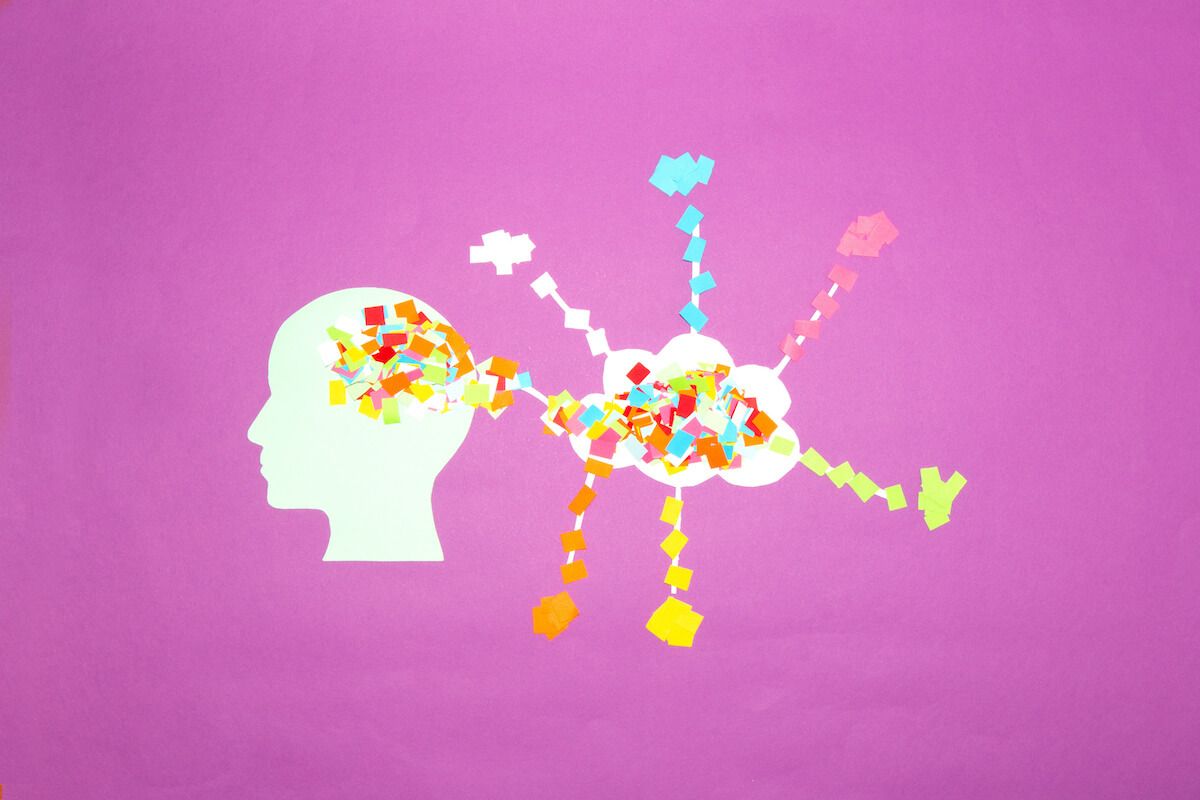
Source Image: able.ac
Download Image
Assessment of Polychlorinated Biphenyls and Their Hydroxylated Metabolites in Postmortem Human Brain Samples: Age and Brain Region Differences | Environmental Science & Technology But we have no way of knowing how our experiences guide our perception. “Your brain makes a lot of unconscious inferences, and it doesn’t tell you that it’s an inference,” he explains. “You see whatever you see. Your brain doesn’t tell you, ‘I took into account how much daylight I’ve seen in my life.'”

Source Image: pubs.acs.org
Download Image
Blog – Forte Labs The human brain is unique: Our remarkable cognitive capacity has allowed us to invent the wheel, build the pyramids and land on the moon. In fact, scientists sometimes refer to the human brain as
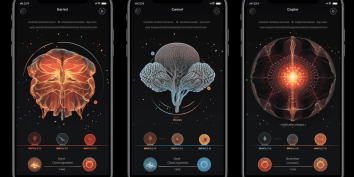
Source Image: fortelabs.com
Download Image
Where in the brain is my sense of self? – Scope The human brain is the most complex entity in the known universe, and this complexity is best reflected by the fact that the brain strives to understand itself—how its molecules, cells, circuits, and systems enable perception, cognition, memory, emotion, thought, language, art, and contemplation of humanity’s place in the natural world.
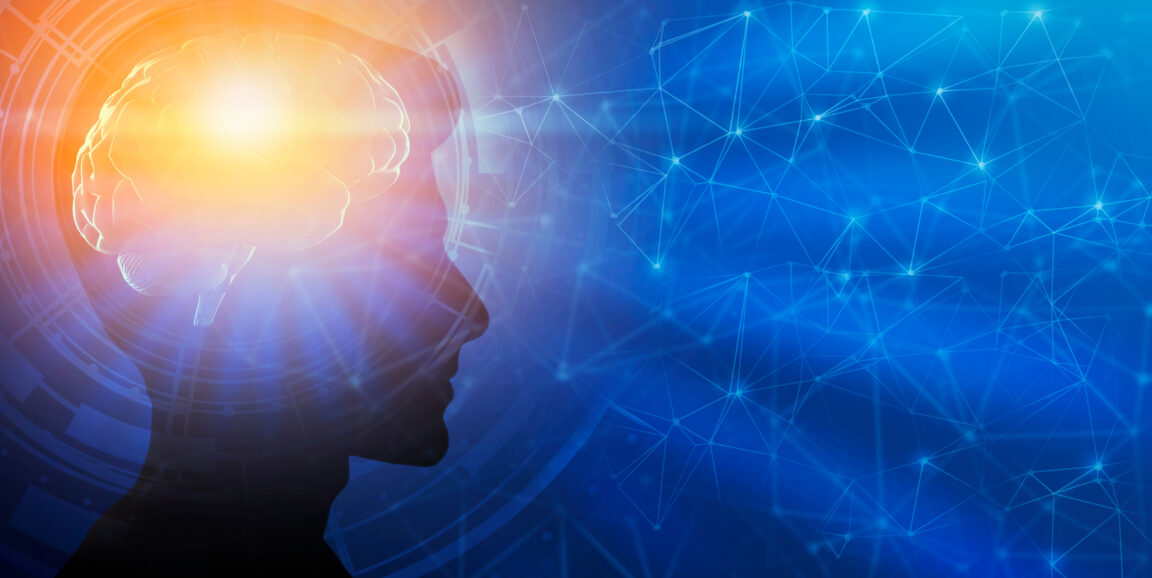
Source Image: scopeblog.stanford.edu
Download Image
Amygdala: What It Is and What It Controls
Where in the brain is my sense of self? – Scope The human brain, with its ~80 billion neurons, is one of the most complex systems on Earth. The field of neuroscience has striven to elucidate brain function for more than 100 years. My objective in this Perspective is to offer an overview of how far neuroscience has progressed in the endeavor to understand the brain.
Information processing model: Understanding our mental mechanisms Blog – Forte Labs But we have no way of knowing how our experiences guide our perception. “Your brain makes a lot of unconscious inferences, and it doesn’t tell you that it’s an inference,” he explains. “You see whatever you see. Your brain doesn’t tell you, ‘I took into account how much daylight I’ve seen in my life.'”